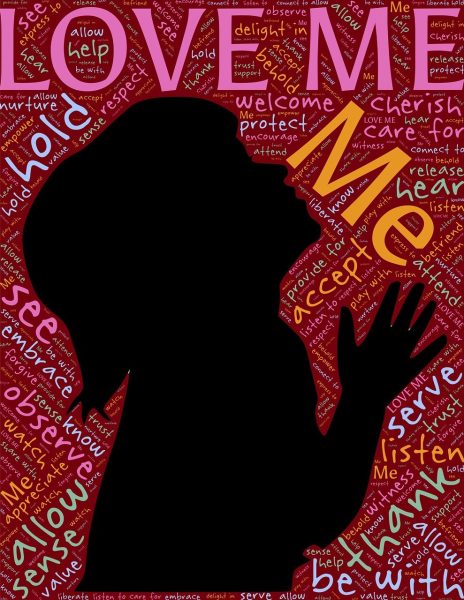The Trivialization of Protest
Hunter Mesuda and Olivia Scott (left to right)
Protesting has always been a symbol of resilience, rebellion, and resistance against an oppressive force. By definition, a protest is “an organized public demonstration expressing strong objection to an official policy or course of action.”
The closely related word walkout is defined as “a sudden departure, especially as a strike or protest.” This notion was put into action this October in the form of a demonstration for Black Lives Matter.
Whether labeled as a protest, a walkout, or any other term, great progress has been made throughout history through the use of public demonstrations; unfortunately, this allegory for change has a habit of being warped into a performative show of false activism.
To explore this idea of trivialized protest, I interviewed two of the students behind Rhinebeck’s recent Black Lives Matter walkout. Hunter Mesuda and Olivia Scott provided an inside view of how a protest can go from a sign of resistance to a misguided representation of a movement.
When asked what her intentions were for the walkout, Olivia Scott responded by saying that she hoped to show support for people of color in Rhinebeck. “Their energy and motivation were correct,” Scott said in relation to this goal.
Hunter Mesuda had similar thoughts, noting that the intentions of those who showed up seemed to be in the right place.
However, both interviewees expressed concern regarding the influences behind some of the choices made. Scott presented the idea that some participants’ behavior reflected a need to “…prove [their] morality.”
In other words, it seemed as though some were appropriating the movement for personal gain. Mesuda had an observation to back up this claim, pointing out that a large amount of the crowd dissipated after just a few minutes of disinterested behavior and selfies.
The trivialization of protest is by no means present only in Rhinebeck. In order to truly understand this phenomenon, it is important to explore its widespread instances.
For example, have you ever seen an article of clothing available at a large protest that had a slogan of resistance on it being sold for a ridiculously high price? This is more than insensitive, it’s actually quite damaging; it’s also a type of commodification.
When commodification is put into action and activist apparel is available only to the upper class, it feeds into the cycle of the rich profiting off of movements started by the working class. This is a form of performative activism, which relates directly to some of the behaviors present at the recent BLM walkout.
Although some ulterior motives may have been present, these two organizers felt that Rhinebeck’s recent Black Lives Matter walkout was a success. The large crowd of people were safe, driven, and had a powerful message; regardless, it is important to remember how easily activism can turn from advocacy to trivialization.
To push through this possibility, Hunter Mesuda says “Even if it seems you’re not getting the correct response at first, keep going.” Or, in Olivia Scott’s less delicate words, “…spread the word, and be f***ing loud!”






